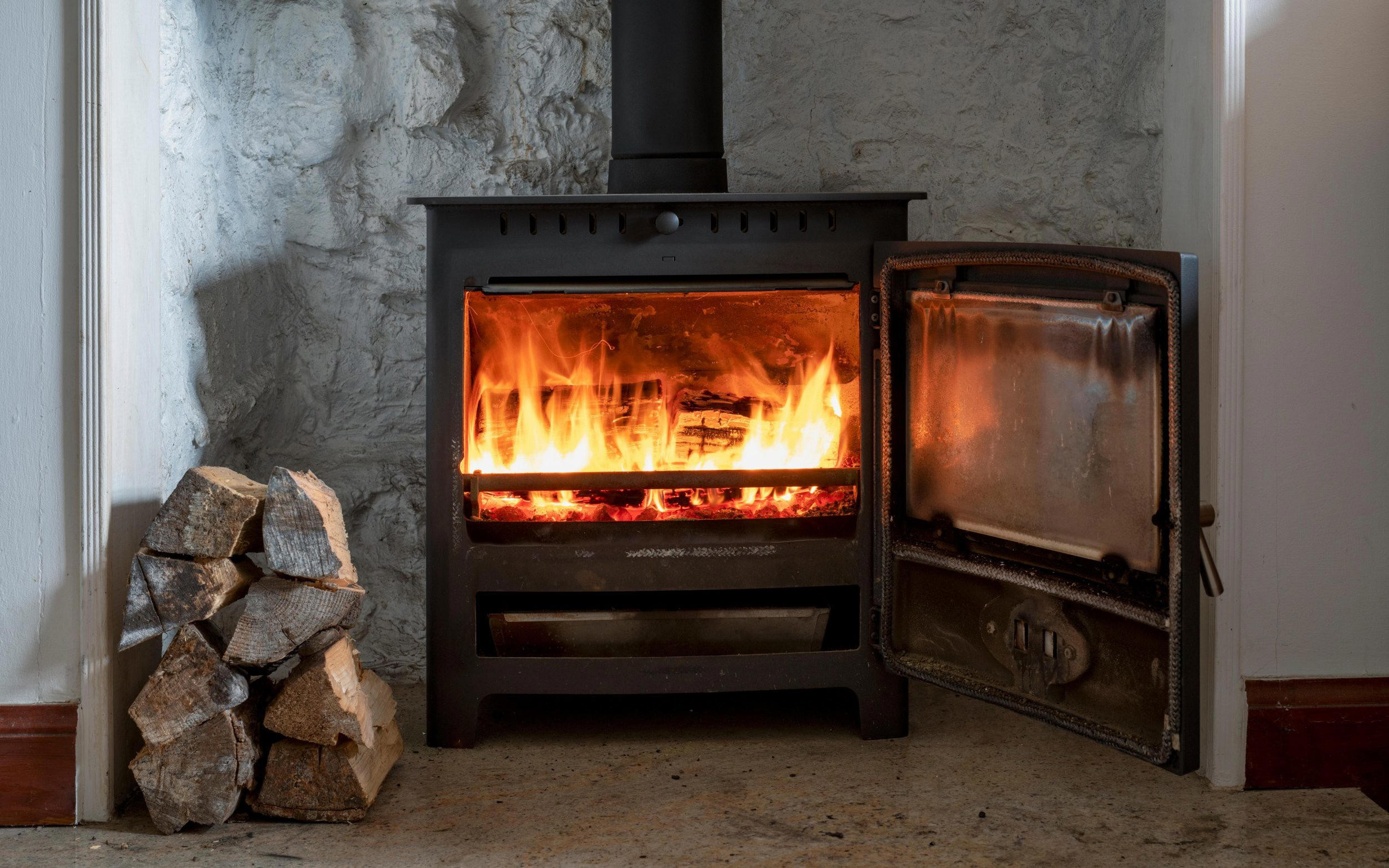The Scottish government has temporarily dropped restrictions on the installation of wood-burning stoves in newbuild homes or conversions. The move comes after a significant backlash from rural communities, industry groups, and even some within the ruling Scottish National Party (SNP).
The New Build Heat Standard (NBHS), which came into effect in April, aimed to reduce air pollution and tackle climate change by encouraging builders to install clean heating systems like heat pumps or heat networks. However, the regulation prohibited the use of direct-emission heating systems, including wood-burning stoves, in new homes.
The ban faced immediate criticism, with many arguing that it would negatively impact people living in rural areas, who often lack access to the main gas supply and rely on log burners for heat, especially during power outages. Concerns were also raised about the impact on the stove industry, which employs thousands of people in Scotland.
The U-Turn
The Scottish government announced the suspension of the ban in a letter to local authorities. Climate Action Minister Alasdair Allan stated that the review of the NBHS is nearing completion, and the outcome will be implemented by the end of December 2024.
The ministerial direction temporarily lifts the ban on wood-burning stoves and other biofuel heating systems, including peat. This means that such systems can now be installed in new homes while the review is ongoing.
Political Reaction
The Scottish Conservatives, who had been vocal in their opposition to the ban, welcomed the government's U-turn, calling it a “humiliating U-turn” and a “long overdue climbdown.” They argued that the ban would have had devastating consequences for those who rely on wood-burning stoves, particularly in rural areas. The Conservatives have also called for the ban to be made permanent.
The Stove Industry Association (SIA) also expressed satisfaction with the government's decision, describing it as a “common sense and progressive step.” The SIA had previously argued that modern wood-burning stoves are a lower carbon-emitting heating option compared to direct electric heating.
However, not everyone is happy with the U-turn. The Royal College of Paediatrics and Child Health has reiterated its call for a phase-out of wood-burning stoves in urban areas, citing concerns about air pollution and its impact on children's health. The RCPCH advocates for supporting rural residents to transition to cleaner heat sources.
The Future of Wood-Burning Stoves
The temporary suspension of the ban on wood-burning stoves in new homes raises questions about their future in Scotland. While the government has pledged to review the NBHS, the ultimate outcome remains uncertain. The government's decision highlights the complex trade-offs between tackling climate change, ensuring energy affordability, and meeting the needs of different communities.
The debate over wood-burning stoves is likely to continue, with arguments on both sides focusing on environmental impacts, health considerations, and energy security. The final decision on their future in Scotland will likely depend on the outcome of the NBHS review and the government's overall approach to climate change and energy policy.
It is important to note that the NBHS only applies to new homes and buildings, and there are no current regulations governing the type of heat used in existing buildings. However, the debate over wood-burning stoves has raised broader questions about the future of heating in Scotland, and the role of renewable energy sources in meeting the country's energy needs.


















